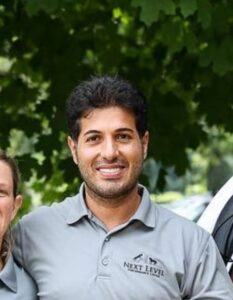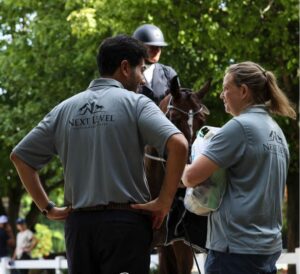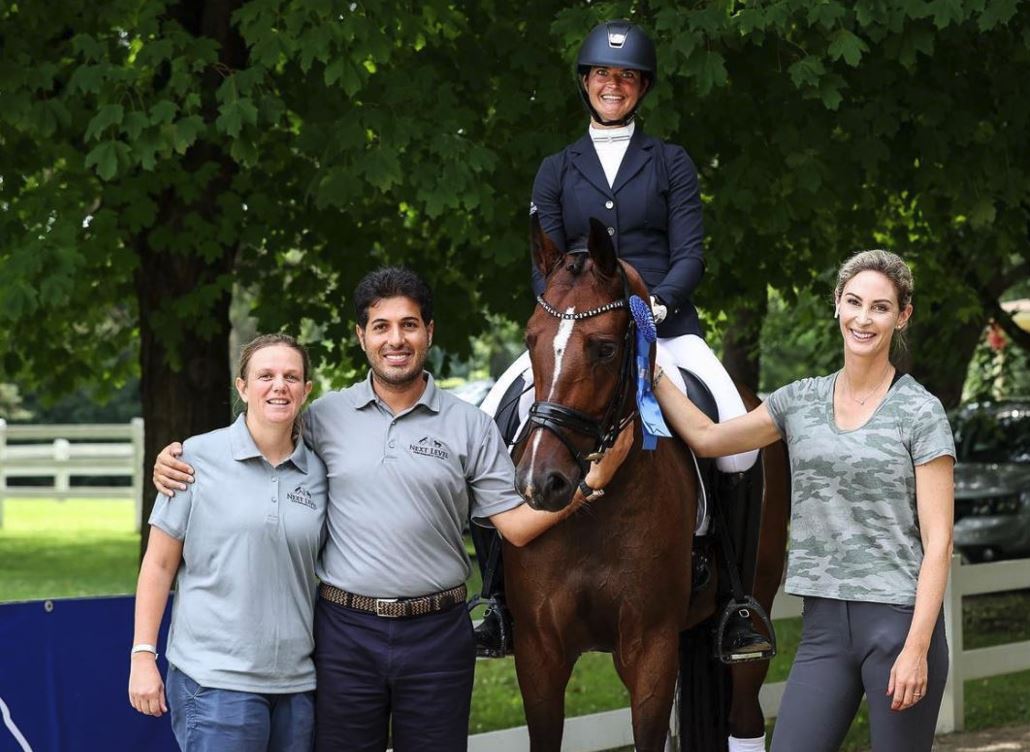Reza Zarrab, an Iranian-Turkish gold trader who back in 2017 struck a plea deal in a sanctions evasion case before a New York federal court, gave testimony incriminating Turkish President Recep Tayyip Erdoğan and his government and then vanished, is currently living in Davie, Florida, under the name of Aaron Goldsmith, according to a special report by the TR724 news website.
Zarrab was the star witness in the trial where he, Mehmet Hakan Atilla, an executive at Turkey’s state-owned Halkbank, and seven other people, including Turkey’s former economy minister and two additional Halkbank executives, were charged with engaging in transactions worth hundreds of millions of dollars for Iran’s government and Iranian entities from 2010 to 2015 in a scheme to evade US sanctions.
Zarrab, who previously had avoided justice in Turkey despite being the prime suspect in a massive corruption investigation implicating Erdoğan’s cabinet and family, gave a detailed account of the scheme during his seven-day testimony and disappeared after his last appearance in court, on December 8, 2017, never to be seen again.
That is until today, when Adem Yavuz Arslan, a Turkish journalist in exile working for the TR724 news website, published a report revealing the new identity of Erdoğan’s friend-turned-foe, including photos featuring him looking far thinner than in the past.

In a YouTube video posted by TR724, Arslan said he was tipped off by an Uber driver who picked up Zarrab and recognized him, giving the addresses where he picked him up and dropped him off.
Working on that information, Arslan found that Zarrab was running a company named Next Level Performance Center, Inc., a new equestrian training facility. After trying to no avail to see him at his home, located in a gated community, Arslan found Zarrab at his workplace.
Arslan recorded his brief exchange with Zarrab on video. Zarrab is heard refusing to speak in Turkish and asking the journalist to leave the premises.
Zarrab testified in December 2017 that he had bribed Turkey’s former economy minister, Mehmet Zafer Çağlayan, in a scheme to smuggle gold for oil in violation of US sanctions on Iran and that then-Prime Minister and current President Erdoğan personally authorized the involvement of Turkish banks in the scheme although he was not charged in the case.

2013 graft probe
The December 17-25 bribery and corruption investigations shook the country back in 2013. The probe implicated, among others, the family members of four cabinet ministers and Erdoğan’s children.
Zarrab was one of the main suspects in the investigation. He was accused of paying large bribes to Turkish ministers and bureaucrats in return for their help in evading Iran sanctions.
The graft scandal erupted with the arrest of the sons of three then-ministers from the ruling Justice and Development Party (AKP), Zarrab, the director of Halkbank, a district mayor and others on December 17, 2013.
Zarrab’s close relationships with the Turkish ministers, whom he admitted bribing when he came forward as a witness after a plea bargain with US prosecutors in the federal case, were revealed via audio recordings of wiretapped phone conversations shared on the Internet by anonymous users.
Despite the scandal resulting in the resignation of the cabinet members, the investigation was dropped after prosecutors and police chiefs were removed from the case. Erdoğan, officials of the ruling AKP and the pro-government media described the investigation as an attempt to overthrow the government.
Dismissing the investigation as a conspiracy against his government by the Gülen movement, a group inspired by Muslim cleric Fethullah Gülen, Erdoğan designated the faith-based movement as a terrorist organization and began to target its members.
He locked up thousands, including many prosecutors, judges and police officers involved in the investigation.
In 2018, the 13th İstanbul High Criminal Court announced aggravated life sentences for former police chiefs Yakub Saygılı, Kazım Aksoy, Yasin Topçu and Mahir Çakallı along with Arif İbiş, Mustafa Demirhan, Mehmet Habib Kunt, İbrahim Şener, Mehmet Fatih Yiğit and Mehmet Akif Üner, who were behind the graft probe, on charges of attempting to overthrow the government.
Hüseyin Korkmaz, one of the police chiefs working on the probe who was arrested by the Erdoğan government in 2014 and fled Turkey after being released in 2015, told the New York court in December 2017 that the investigation initially focused on the organization run by gold trader Zarrab but later grew to include dozens of others.
He called Erdoğan the “No. 1” target in a group that also included Halkbank’s former general manager Süleyman Aslan and Mehmet Zafer Çağlayan, Turkey’s economy minister at the time.
Following Korkmaz’s testimony, detention warrants were issued for his mother, father, wife, two sisters, brother and lawyer in Turkey.
The closed Dec. 17 investigation had come into the spotlight once more back in August, when Erdoğan Bayraktar, the former Turkish minister of environment and urban planning and one of the four ministers implicated in the 2013 probes, confirmed the validity of charges against him in connection with the graft scandal.



